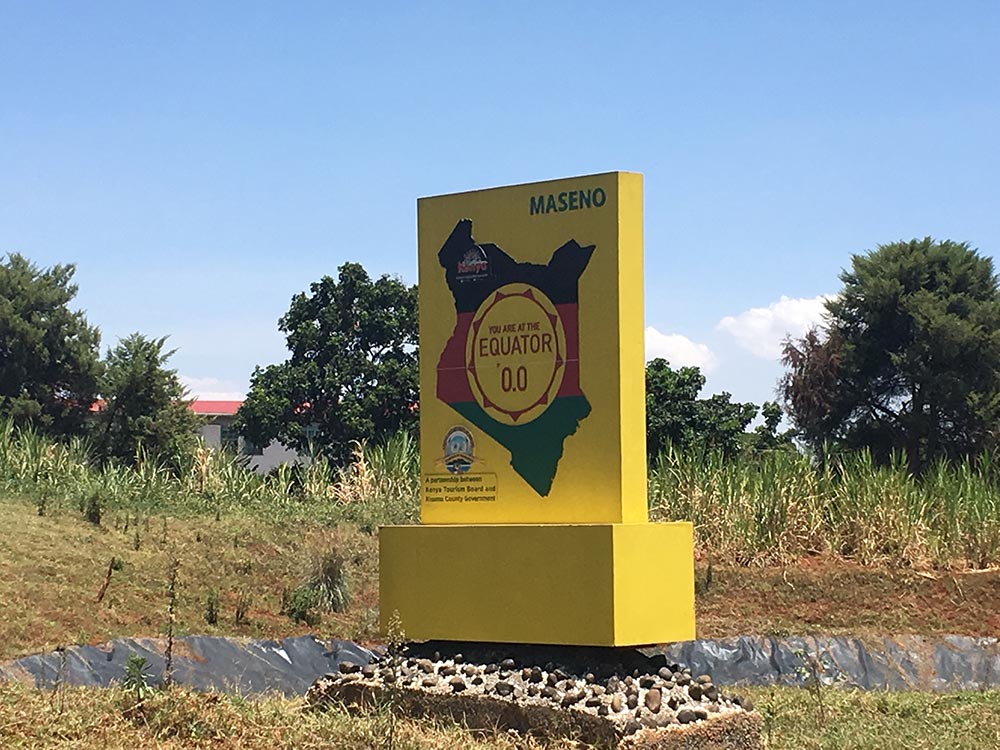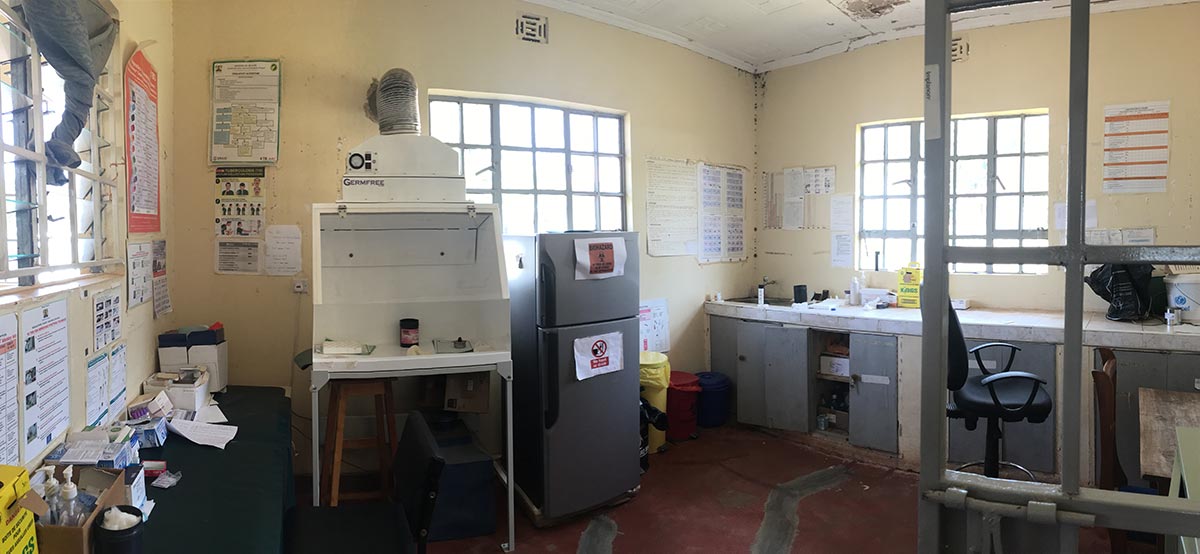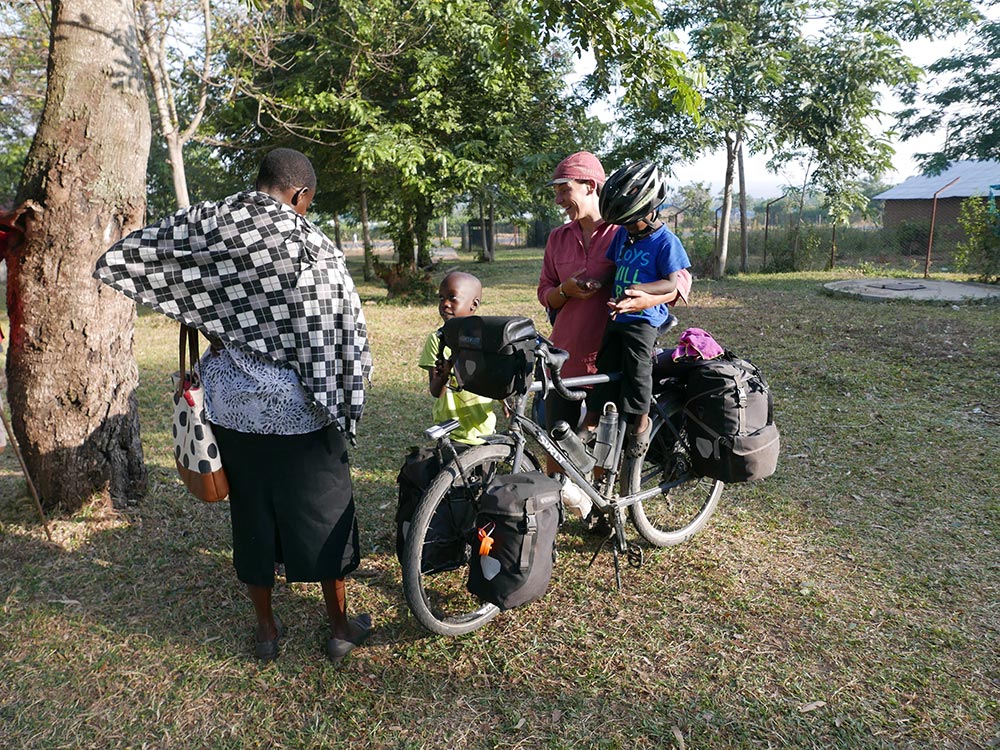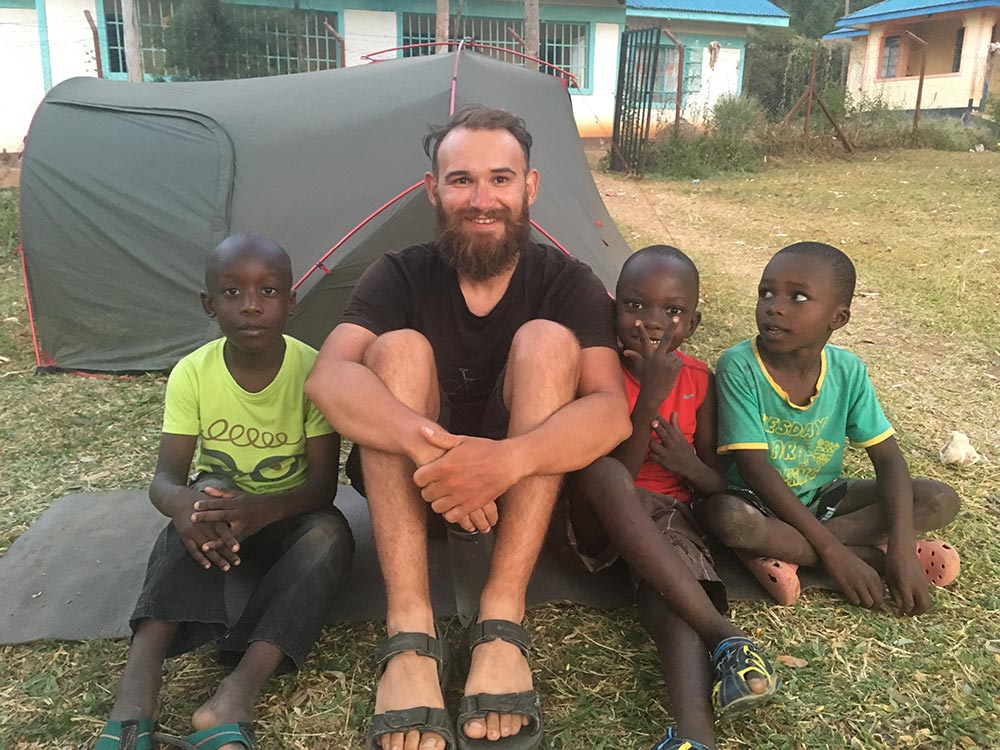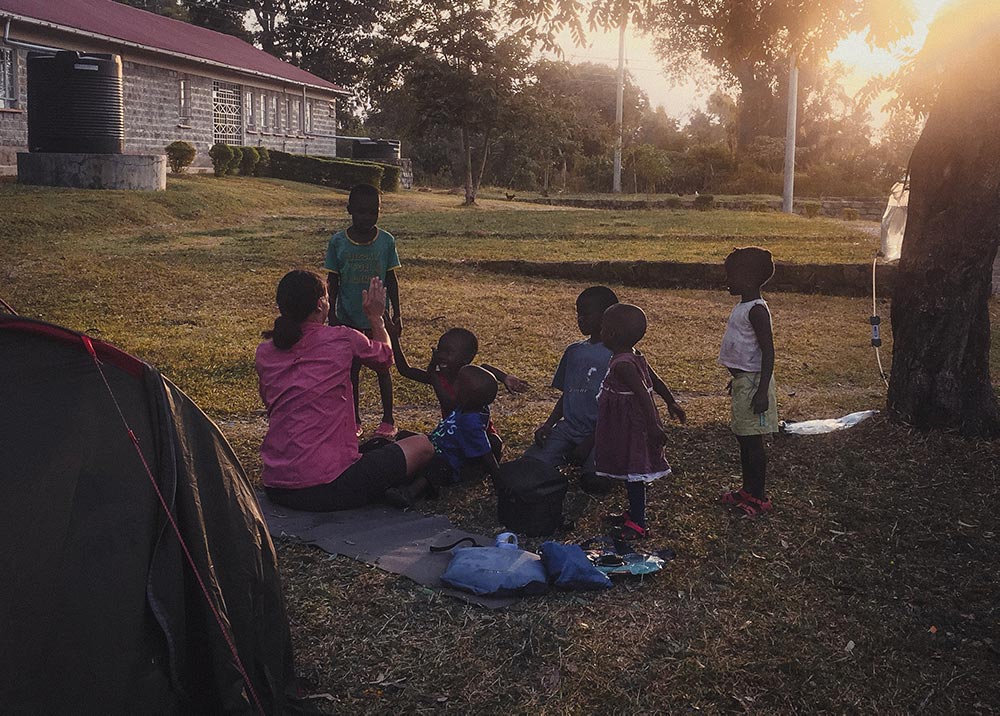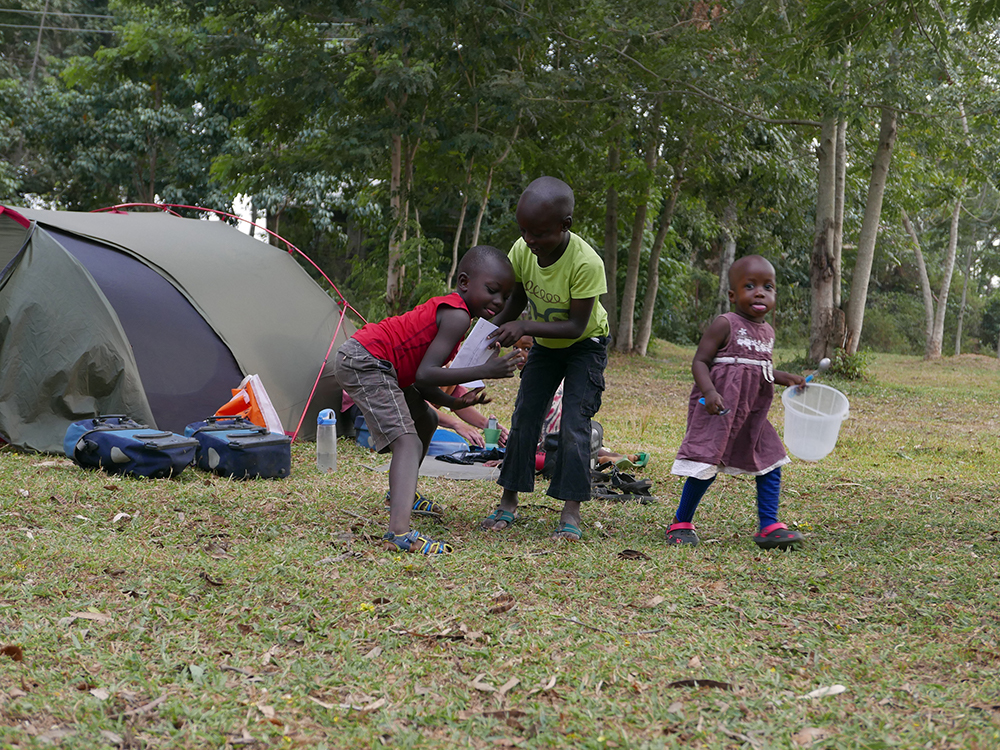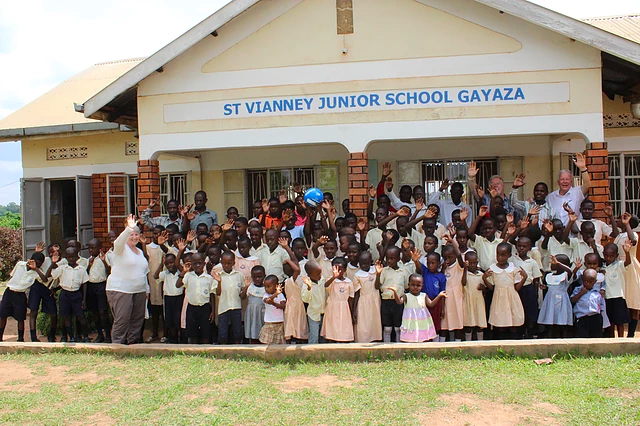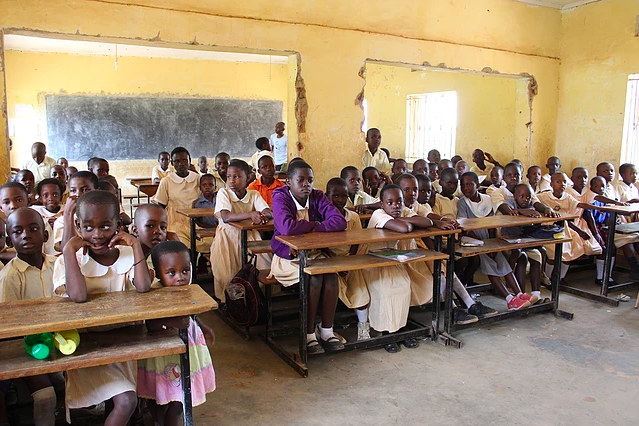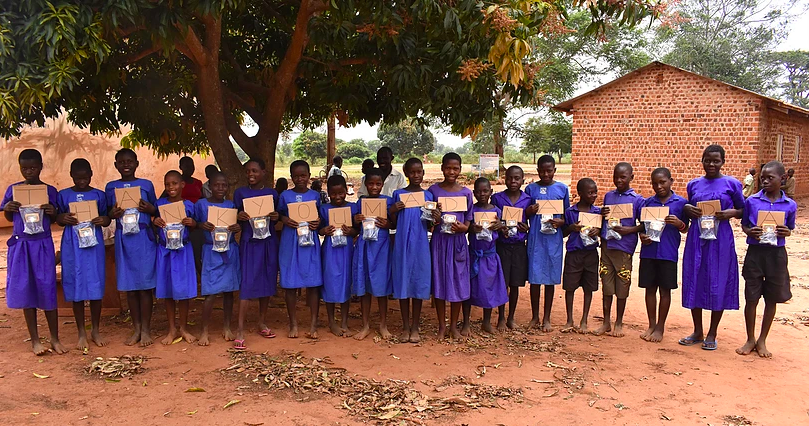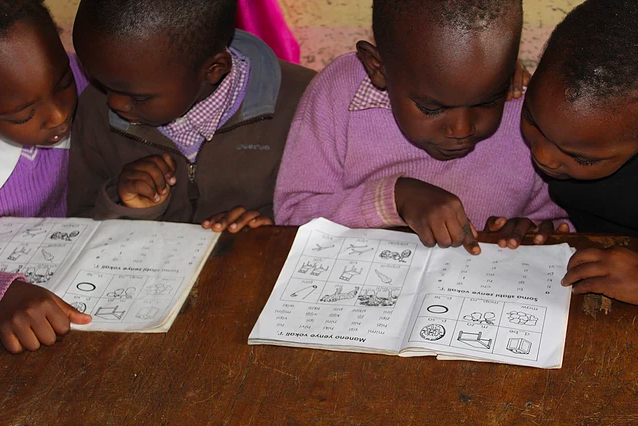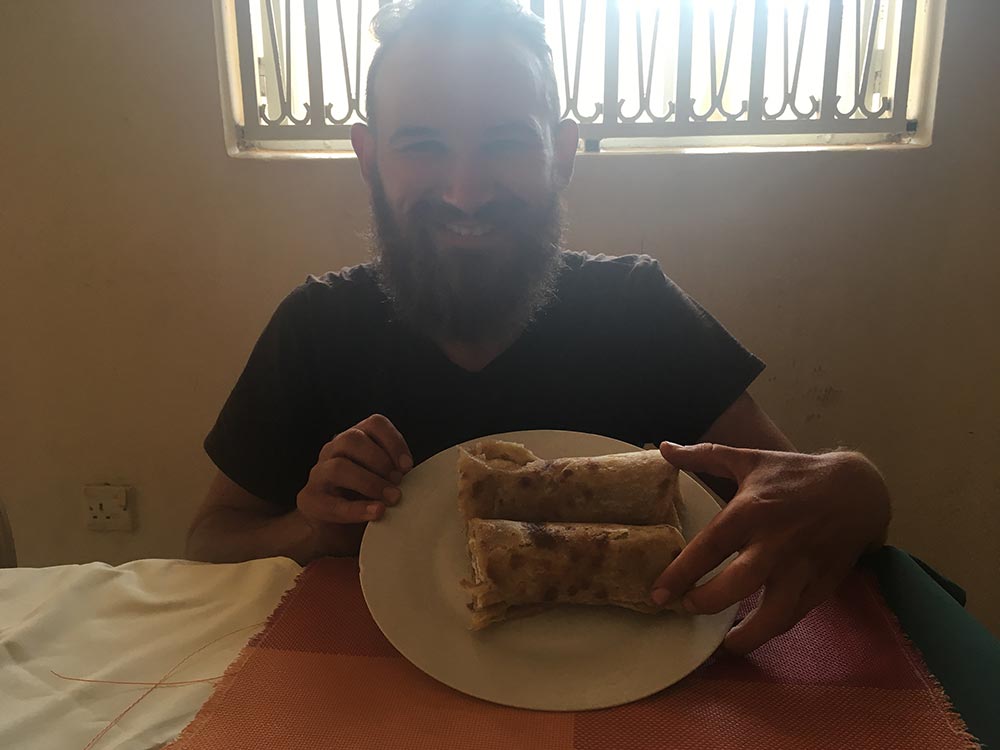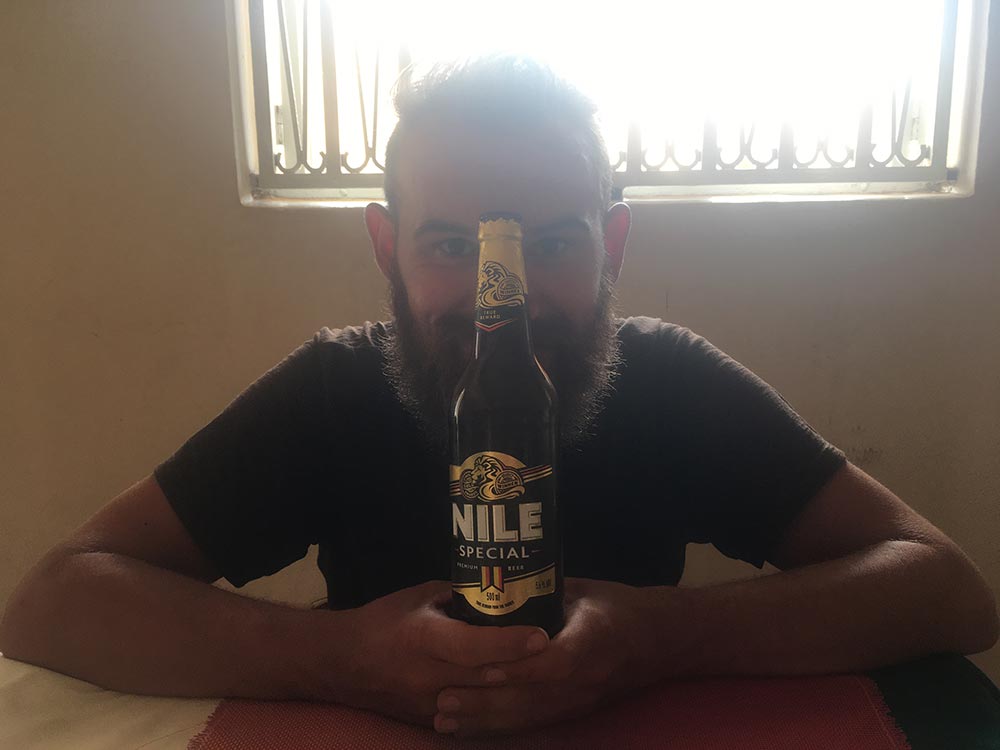14/02/19-20/02/19
Countries: Kenya & Uganda
Distance: 350 km / 217 mi
Elevation: 2,964 m / 9,724 ft
Without sounding clichéd, this week has been a rollercoaster of emotions. What am I talking about? That’s one of the most clichéd lines ever. Never mind. Anyway; it all start when we finally struck tarmac again after nearly 200 km of rough off-roading to Maasai Mara. I think our bums and wrists were the most happiest parts of our body. As much as we love avoiding roads and all the traffic that comes with them, sometimes you just can’t beat that smooth, fast ride.
We crossed the equator for a second time. Cycling through Kenya and Uganda, we’re pretty much straddling it.
Tarmac allowed us to cycle 60+ km days and we reached Kericho in no time. That’s where we stayed at one of the most money-grabbing hotels we’ve ever stayed at. At check-in, the guy on reception tried to tell us that we owed 4,000 Kenyan Shilling (£30), despite our booking.com confirmation stating that our two night stay was 2,978 K.sh. We rounded it up and paid 3,000 (£23). Then, at dinner, they messed up our order and charged us for it. When we queried the bill, they guilted us into paying by saying ‘don’t worry the waitress will have her wages docked for the mistake’. We didn’t want that; we paid. Then — and this really was the final straw — when we were leaving, like literally loading the bikes to go, the manager whispered something in the waitress’s ear. She came running over and said we’d only paid for one night’s accommodation and that we owed another 3,000 K.sh. Seriously, pull the other one, love. The manager then got involved and said we’d stayed, unbeknownst to us, in an upgraded room to what we’d booked on booking.com. Apparently we stayed in the executive suite. I mean it was nice and all, but not £23-per-night-nice. We were so mad. After some back and forth the manager jumped on the phone, presumably to the owner, and we bid farewell and just cycled off. A few kilometre down the road, we did wonder if they’d send the police, or worse, their ‘mate’, to collect the cash. But we passed through several police check points no problem and spent the rest of the ride grumbling about what a douche bag he was.
It was at that hotel actually, that we had one of a few awkward conversations about the “good old colonial days” this week. The word ‘conversation’ implies a two-way thing, when in truth, it was more of a one-way statement and an awkward smile/laugh on our part. We have no idea what the correct response is when someone says, upon learning we’re from England, ‘The mother country! You came here, conquered us and put us on the right path. Showed us how to live and now we do it that way’’. Really, what are we meant to say?
Out of curiosity — and slight embarrassment at my lack of knowledge — I’ve started reading The Decline And Fall Of The British Empire by Piers Brendon, which chronicles the beginning of the end of the British Empire. Starting, of course, with the American Revolution, which was a colonial revolt between 1765 and 1783, when America, led by George Washington – who became America’s first president – got independence from Britain (with the help of France). Ironically, it was the white settlers getting independence from Britain, rather the American Natives getting independence from the white settlers… The book takes you right up to 1997, when Britain transferred control of Hong Kong to China. And of course everything in between – British Raj, Falklands, Australia. It’s a fascinating read so far, with the British Empire being compared to the Roman Empire; a bold but understandable comparison. I’ll keep you posted when I reach the African chapters. If you’re interested in reading something now though, there was an article in the paper this week about the forgotten Kenyan soldiers who fought for Britain in WW2, when European superpowers called on their colonies for more personnel to fight. It was the largest single movement of African men overseas since the transatlantic slave trade. Read that article here.
Thankfully after that, we hit a much-needed mood-lifter. Edging closer to the border of Uganda we asked to camp at Simenya Health Centre and were welcomed with open arms. They couldn’t quite believe we’d cycled from Nairobi. After setting up camp, we were given a tour of the facilities. Simenya Health Centre is predominately a mother and child hospital, but they also test for and treat HIV and AIDS, and malaria. Malaria is a real problem in Kenya, the nurse described it as verging on an epidemic; kids catch malaria like people catch a cold at home. The hospital was established in 1998 by two Swedish doctors, who used to treat patients out of the church, which sits behind the hospital grounds. Since it was such a popular centre, they were given a government grant to build a hospital building and it grew from there through more donations and grants. They now have a central hospital building with a lab, emergency room and pharmacy; a maternity building; and a HIV and AIDS clinic. There are foundations for two new buildings, the team are just waiting on more funding. It’s amazing what can be achieved with so little. This hospital is a lifeline to so many in the community and the staff work tirelessly to keep it going.
The assessment room. This is where patients are first seen when they arrive at Simenya Health Centre.
The lab where they test samples for HIV, AIDS and malaria.
The emergency room. They can treat minor emergencies, more serious emergencies will be treated at the next major hospital.
The pharmacy. We were surprised to learn that HIV medication is prescribed for free in Kenya, which is amazing.
Dan and the chief medical officer, Peter.
Some of the hospital staff live on-site with their families and we got to meet their children, who ran us ragged for hours. When we crawled into bed there was barely a word spoken before we both passed out.
After leaving Simenya Health Centre, we crossed into Uganda. Before I get on to our fifteenth country, we have some news. For the final leg of our journey we’ve decided to raise money for a charity. Let me explain. As you know, The Slow Race has never been a charity ride — the only thing we’ve raised in eleven months is a pint. But things have changed. Since arriving in Kenya and having the pleasure of camping at some schools, the kids have inspired us. Education is so important and it’s just luck of the draw whether you’re born in a country like the UK and get it for free, or whether you’re born in a country like Kenya and you’re not so lucky. Education is the key to a better future; it really does make a difference. With that in mind, we’ve decided to raise money for a children’s charity in East Africa.
After doing a bit of research, we found East Africa Children’s Project who are based in Brighton and work to provide educational tools and facilities to underprivileged children across East Africa — Kenya, Uganda and Tanzania (the countries we’ll cycle through). They’ve funded things like classrooms, uniforms, desks and textbooks. What’s more, the charity is run by dedicated volunteers in their spare time, meaning wages, office rent, etc aren’t covered by donations, like in the bigger charities. These guys have jobs and do this on top. We have been in contact with EACP and it looks like we should be able to visit two or three of the schools they work with. Read more about their amazing work here.
Images below and in header credited to eacpcharity.com.
We’ve skipped a few nights in a hotel to get our fundraising started, now we come to you. If you’ve enjoyed following our ride over the last eleven months, donate £10. If you’ve found our adventures, and misadventures, funny and entertaining, donate £15. If you laughed when we went to Russian court, donate £20. If you laughed when Dan got airlifted off Everest, shame on you, donate £500. But seriously, any donation is welcome. East Africa Children’s Project are currently fundraising to build a girl’s dormitory at Joy’s Chidren’s Centre in Kenya, so every penny really does count. Oh and if you’re a UK Tax payer, please, please, please tick Gift Aid. You won’t pay any more, but it means East Africa Children’s Project can claim the Tax back on your donation; that’s an additional £2.50 for every £10 donated. Thank you very much <3
DONATE HERE
So. Uganda. We’re only a day in, but already the roads are redder and muddier. The border town, Busia, felt a little corrupt. Some guy tried to do the classic money drop scam, which I’d not heard of, but thankfully Dan had. As soon as he started, Dan just yelled ‘no’ and he walked off. Essentially they drop a bundle of cash, which has a huge note on top, then they pretend like you both found it. They offer to share it with you around the corner, although when you hide out of sight, they rob you. Apparently they usually target people who have just been to the ATM… We got a SIM card each, some cash and got straight of out there.
Our first meal in Uganda was a Rolex. Now in India, Dan and I thought we had invented the perfect anytime snack: an omelette rolled in a chapati. We lived on them in South India. As we were researching East Africa, you know, the important topics like what to eat, we learned that the Ugandans had thought up our omelette roll long before us – and called it a Rolex. I’ll let that penny drop… … … Don’t worry it took Dan a wee while, too. We have been so excited to try them, and for roughly £0.70, I guess we’ll be living on them here, too. We paired our Rolex with a local beer, Nile. Perfect.
Now we’ll make our way towards Elgon National Park, where we’ll actually pick up a section of a Trans-Ugandan route devised by bikepacking.com. They said the section between Sipi Falls at Elgon National Park and Jinga was some of the best riding of their whole trip. Let the dirty riding begin – I hope our bums and wrists are ready!


